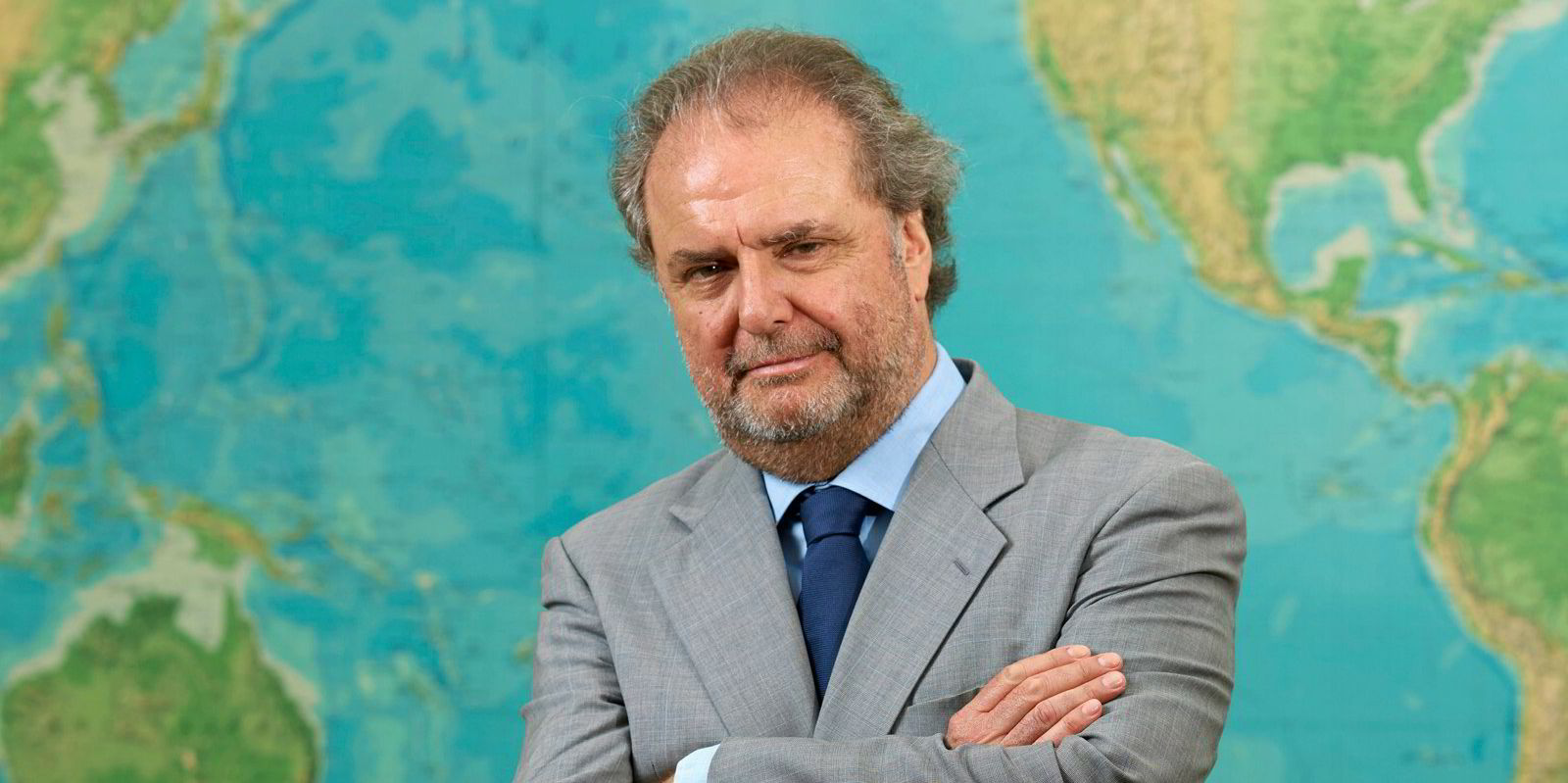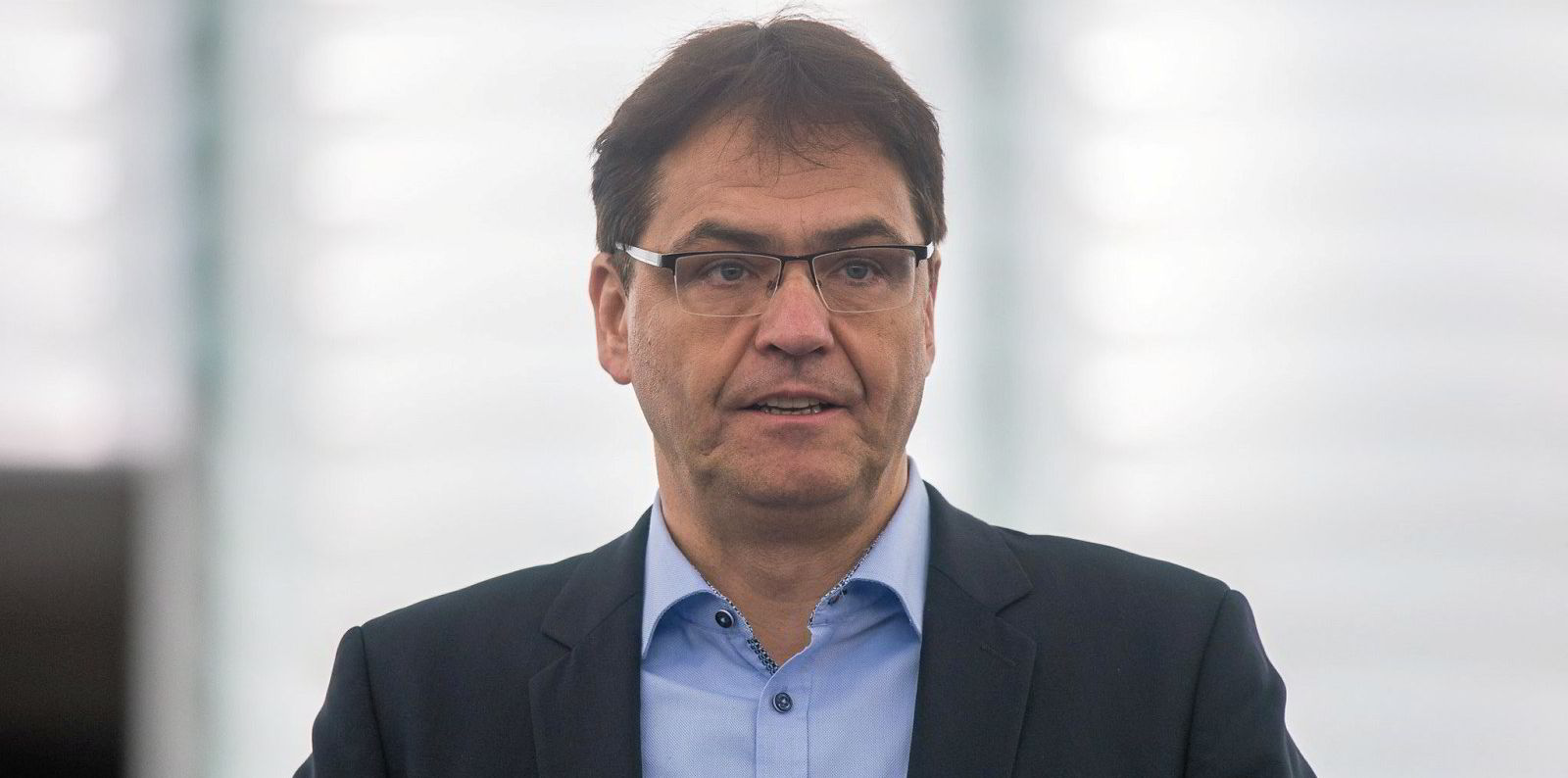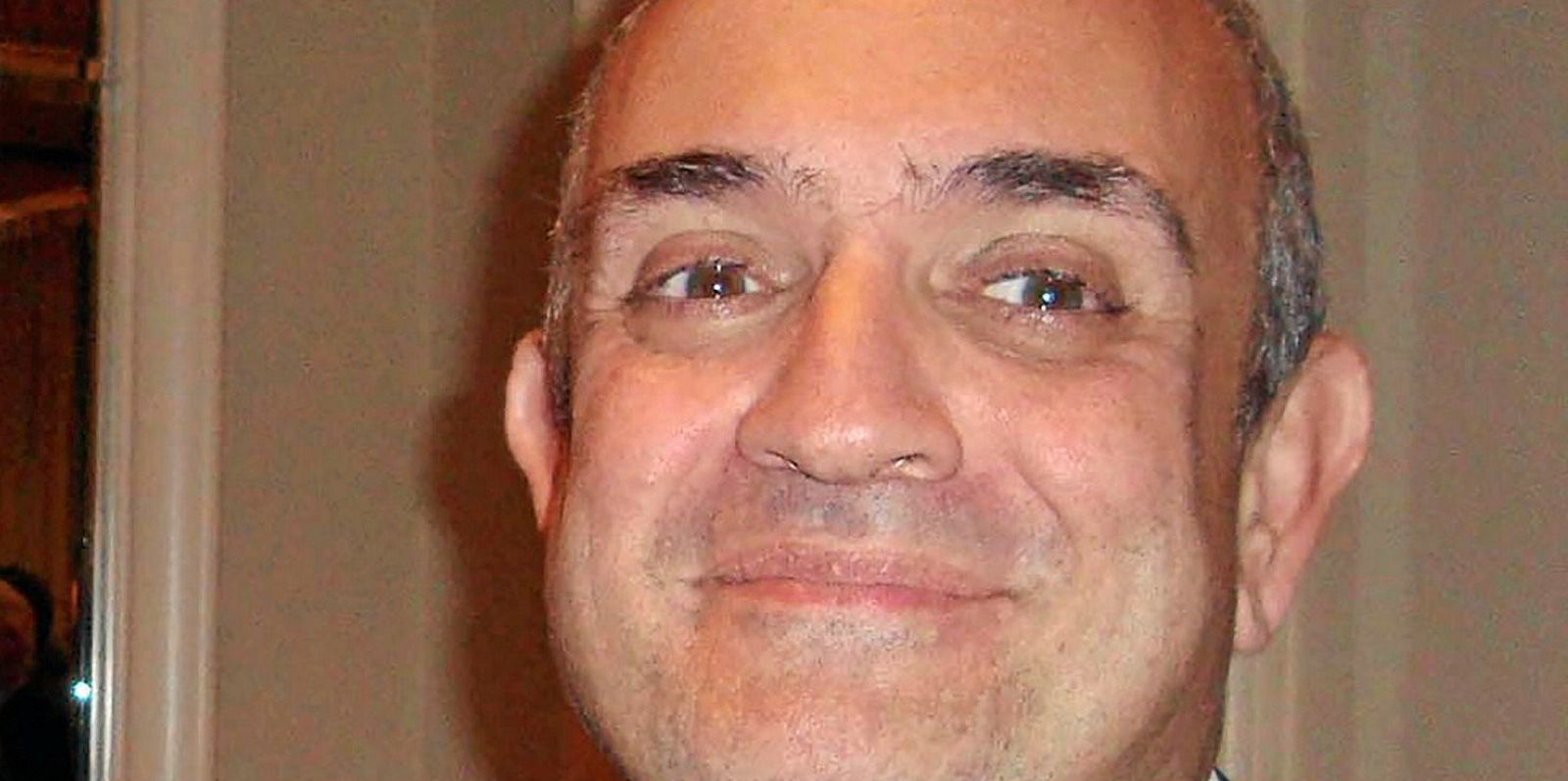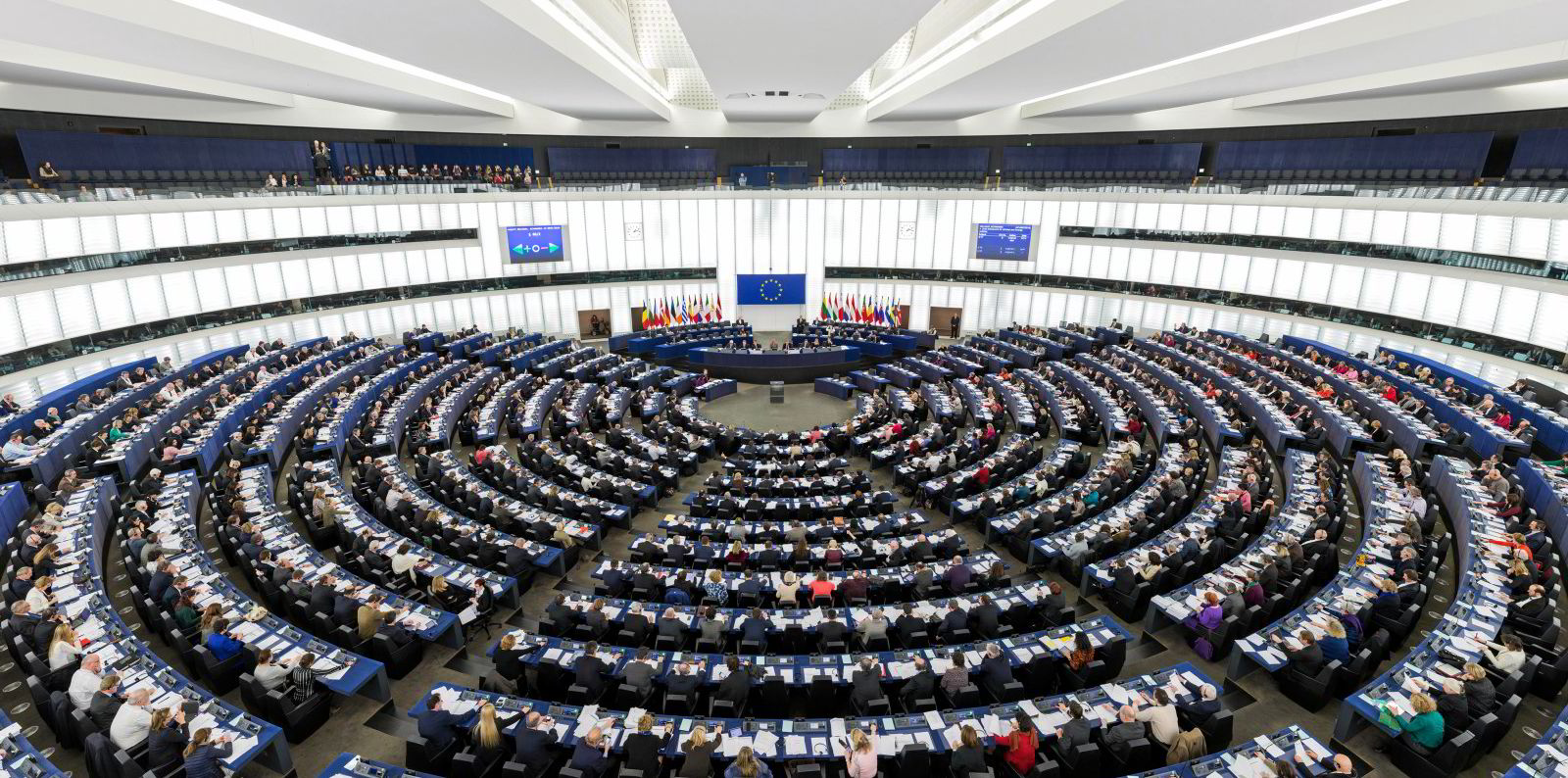Intertanko is throwing its weight behind the proposal to include charterers in the European Union’s Emissions Trading System (ETS) and dedicating funds collected to research and development.
The tanker owners group said in a statement on Thursday that expanding the definition of “shipping company” to include the time charterer of the vessel “ensures that those responsible for, and benefitting from, the transportation of cargo are also responsible for the emissions”.
Intertanko chairman Paolo d’Amico said the changes, proposed by member of European parliament Peter Liese of Germany, were a step in the right direction.
“It is good that the intention of the commission is now being taken further by incorporating the principle into regulation and making the charterers’ responsibilities clearer,” d’Amico said.
The EU is aiming to implement the Emissions Trading Scheme on 1 January 2023.
There has been some controversy over who will be responsible for buying the carbon credits once the system is implemented, which will cover all voyages in and out of the bloc.
Liese's recommended amendments to the scheme call for the entity responsible for decisions that affect a ship's CO2 emissions to pay for the credits and put more pressure on charterers.
Intertanko said responsibility would be allowed to be hashed out with contractual language.
“The question is whether the proposed amendment would define contractual arrangements between the tanker owner and the charterer tightly enough to give reassurance in the case of charter party disputes or when changing standard industry clauses,” d’Amico said.
The industry group also said the so-called Ocean Fund, which will take funds collected by shipping under the ETS and pay for research into green fuels, was another positive step.
Intertanko said the group is a proponent of net-zero CO2 emissions by 2050, but said the effort cannot be just the responsibility of shipping.
“There is no reason to transfer funds to other sectors, as shipping is the most environmentally friendly mode of transport and modal shift from shipping to other modes of transportation should be avoided,” said Intertanko technical director Dragos Rauta.
“Shipping companies are not technology designers or alternative fuel manufacturers. Shipping companies contribute by testing technologies and testing new (carbon-free) fuels. The decarbonisation of shipping is therefore dependent on the existence of solutions (technologies and fuels) as a means to achieve the targets.”






